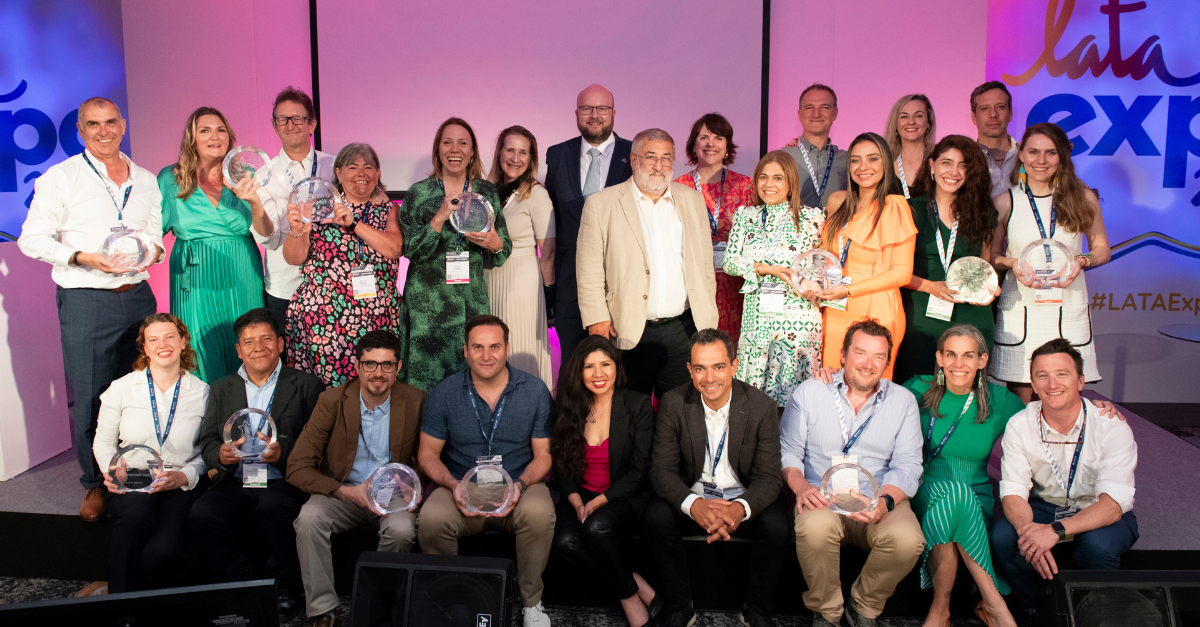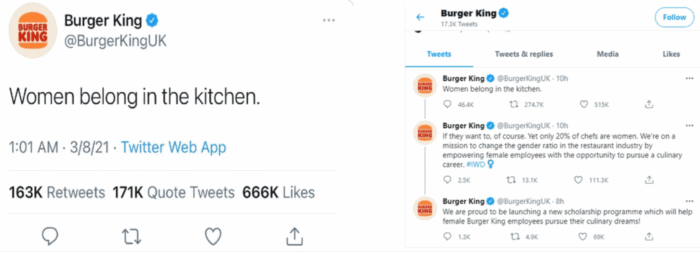How Gen Z workers are reshaping corporate norms as they return to office
"Gen Z is reshaping workplace norms by introducing new ways of working that reflect their values, digital fluency, and desire for authenticity," one expert told CNBC Make It.

Young workers are coming to the office more than all other age groups, a recent global study by real estate firm JLL found.
Keeproll | E+ | Getty Images
As Gen Z workers return to the office, they're reshaping corporate norms by embracing AI, normalizing mental health chats, and being more authentic at work.
Born between 1997 and 2012, many Gen Zers entered the workforce during the pandemic, navigating their first jobs amid remote work arrangements, uncertainty and rapid change.
Some top business leaders linked the rise of remote work to Gen Z, raising concerns about workplace discipline and engagement. JPMorgan CEO Jamie Dimon recently commented that, while he has worked seven days a week since the pandemic, "the zoomers don't show up" — referring to Gen Z professionals.
British businessman Lord Alan Sugar, 78, said young people "just want to sit at home," and that they need to get back to the office.
Despite this, young workers say they're keen on more in-person interactions and are coming to the office an average of three days a week, more than all other age groups, according to a recent global study of 12,000 employees by real estate firm JLL.
As older professionals shirk the office, young people are finding they're often either alone when coming into work premises, or surrounded by peers of a similar age.
This has given rise to a series of new workplace trends from the viral "Gen Z stare", to the "office siren" aesthetic and even TikTok slang like "ick" becoming normalized in professional lingo.
"We're blurring the boundaries between just being a colleague to also being friends, and it just makes it more comfortable for us as well to work with people."
Weirong Li
Communications Professional
"Gen Z is reshaping workplace norms by introducing new ways of working that reflect their values, digital fluency, and desire for authenticity," Dan Schawbel, managing partner of Workplace Intelligence, told CNBC.
Intentional networking
Senior professionals' prefer to work from home and this has eroded much of the water-cooler chat and mentorship culture that young workers are seeking. Gen Z are becoming more intentional to fill the gap.
Twenty-five-year-old Weirong Li, a communications professional who graduated from NYU's Stern School of Business, said she was going into the office five days a week, while more senior colleagues would stick to a hybrid or remote schedule. Li noted that the people who do come into the office are generally of a similar age to her.
"With this hybrid schedule, it's based on your hierarchy, so if you are higher up...you have more of a slack to not come into the office because you're in a position where you've already proven yourself and you don't need to build a network."
This has taught Li to be thoughtful about how she approaches colleagues, including taking advantage of both virtual and in-person opportunities.
"Most of the connections that I've had with older colleagues, if it wasn't in the office, has built from first being online and virtual because I didn't know these people. I would reach out to people on LinkedIn or even cold email people," Li explained.
She added she takes water-cooler chats "quite seriously" because she views them as an opportunity to strike up a conversation and meet someone new.
Some Gen Zers are deliberately signing up to professional networking events to try to bridge the gap and mingle in a structured environment, as CNBC previously reported.
Twenty-five-year-old Vivek Haria, a senior tax advisor at a financial services firm, told CNBC Make It at the time that he's attended 10 events for young professionals organized by London's business district Canary Wharf because it felt lonely in the office, as older workers were not showing up.
Bringing your whole personality to work
Gen Z workers are blurring the boundaries between personal and professional.
Seventyfour | Istock | Getty Images
Gen Z workers aren't shy about bringing their personalities to work and blurring the boundaries between personal and professional, including dressing more casually and being unfiltered in meetings and conversations.
Twenty-seven-year-old PR manager Mady Lanni, prioritizes dressing comfortably and brings "her whole self to work," she said. "'I'm not coming into work with dress pants and heels on. I wear sneakers or my Birkenstocks every day."
Gen Z workers are often more casual and comfortable in how they show up at work — sometimes literally.
"It'll always be the Gen Zers that sit on the floor instead of sitting like in a chair at a desk," Lanni said, referring to team meetings. "We find the bean bags, or we find the more unique seating situations."
Li believes showing up to work with an authentic personality is a unique trait of Gen Z culture, regardless of whether it aligns with corporate norms.
"It's a part of our kind of Gen Z norm, which is showing who we are, what we stand for, our mission, our purpose... value-based actions and conversations do matter for us," she said. "We're more open, and we realize that's also a superpower, that's how people remember us."
Mental health check-ins
Where mental health was formerly a hush-hush conversation in the workplace, Gen Z workers like prioritizing wellbeing.
Roughly 51% of young people view mental and physical health as a primary metric of future success, more than other factors like wealth, occupation and family relationships, according to a recent global EY study of over 10,000 respondents aged between 18 and 34 years.
Communications professional Li noted that, after the pandemic, "psychological safety has been very important" for young people, so essentially being able to bring their emotional side to work.
She said that her friends and colleagues often check in with each other during lunch breaks. "We really value having conversations about how we are doing mentally or physically so that we acknowledge the person in a work context and environment."
Instead of making the typical office small talk, young workers like Li try to take the conversation deeper.
"We're blurring the boundaries between just being a colleague to also being friends, and it just makes it more comfortable for us as well to work with people," Li said. "We feel like we have shared values and can relate. It makes communications easier. We don't really want to always be communicating so formally, 24/7."
Lanni said she also reached out to colleagues who seem overwhelmed or stressed, adding that Gen Z is more open about discussing mental well-being in the workplace.
Lanni, who works at the office three days a week, added that younger generations are "pushing for the need of including mental health services and benefits... taking a mental health day is becoming more and more accepted."
Embracing AI
Gen Z are leaning into generative AI at a faster pace than other workers and are using the tech to get ahead at work.
Twenty-five-year-old Gracie Lissick, a PR manager, said that younger generations can help normalize the use of AI amongst their teams.
"We really have this awesome kind of Michael Jordan moment to help our teams implement AI," she said. "We can be that resource as much as we can."
Around 57% of Gen Zs are already using AI in their daily work for a variety of tasks, whether it's content creation, data analysis, project management, or something else, and most view it positively, per Deloitte.
Lissick said that adopting AI is an advantage because it shows your ability to be tech agile and forward-thinking to managers.
Li said young people like herself are using AI to save time and improve their work.
"The goal is to have more time to do other stuff later on and so I think that we're a quite focused generation contrary to what other people think. We're also always experimenting with new tools, especially in the AI world, that can help us be more efficient at our work," she said.
Workplace Intelligence's Schawbel added: "Many Gen Z workers are using AI to bridge gaps in knowledge, confidence, and professional support, treating it almost like a digital coach or co-pilot. While it can't fully replace human mentorship, for Gen Z, AI is emerging as a reliable stand-in — available 24/7, judgment-free, and often more responsive than a busy boss."

 Troov
Troov 











/Management/ChipJuedes.jpg?n=2595&tr=w-1200%2Cfo-auto)

















